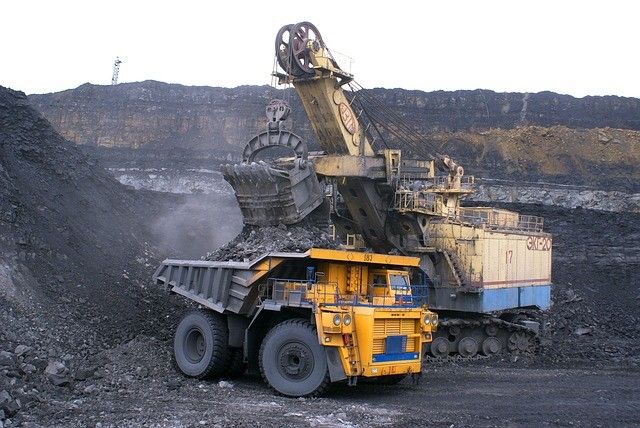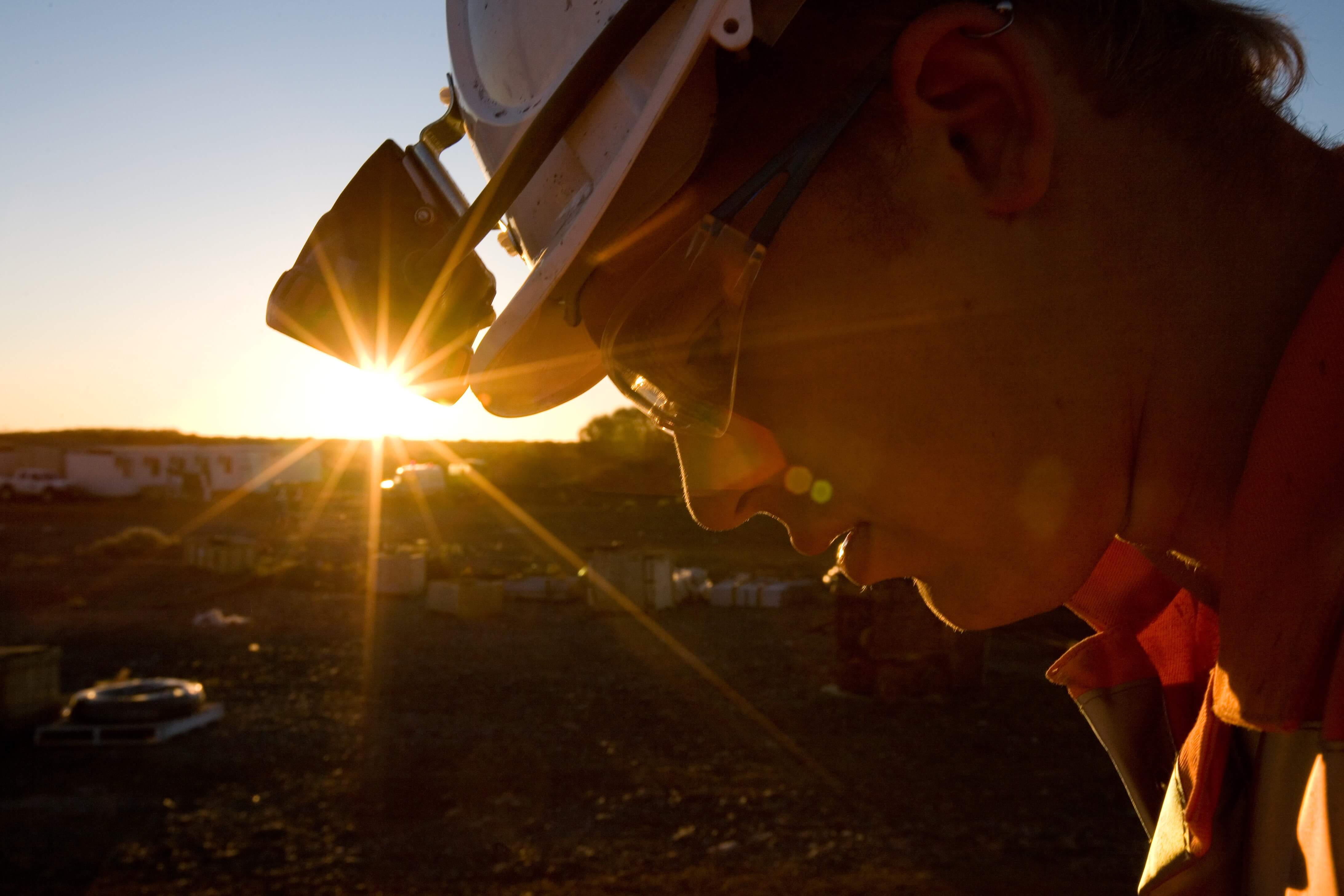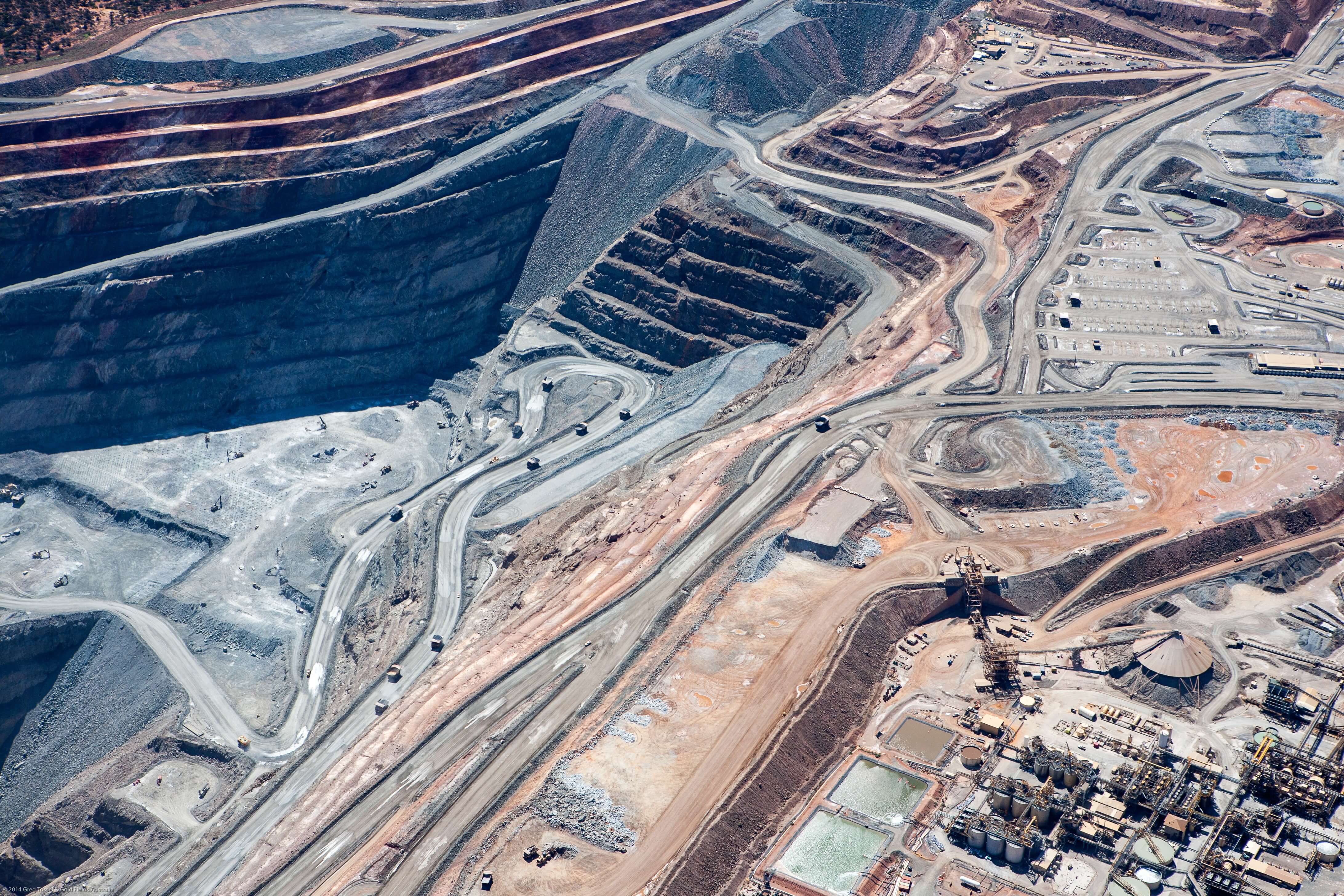It’s time to step up and lead on labour hire in mining

The Federal Election is over but the problems with mining labour hire recruitment persist. Here’s what recruiters, miners and jobseekers can do.
Can I begin by saying that in mining, in particular, many senior executives are unaware of how large an issue the topic of my column today has progressively become. To be honest I think it has ‘crept up’ on a lot of us over the past few years.
I appreciate the need for many senior executives (myself included) to outsource the recruitment process to either internal or external recruiters, but, over the last five to 10 years many of us have also delegated the construction of a whole new recruitment model, to a new layer of people who simply don’t understand the commercial consequences of poor-quality, disengaged workforces.
Let me explain.
Two big issues impacting Australian mining were hot topics ahead of the recent Australian Federal Election:
- Coal mining (including Adani and climate change)
- Labour hire.
I’m going to leave the first topic aside, but after more than forty years as either a mining manager or the co-founder of a mining recruitment company, I have views on the second and to try to help turn things around, feel I need to be prepared to stick my neck out.
The opinions we usually hear on labour hire are from large corporations, unions and politicians, but at Mining People we felt we needed to get some fresh insights and so last month used the Mining People Polling and Media Centre to get the opinions of people who actually work in mining. We heard from mining supervisors and managers, mining workers, and recruiters.
Here is a summary of what we “heard” and what we think you, as a mining or recruitment influencer, can do about it. In fact, need to do about it.
What works well about labour hire in mining?
Flexibility for employees was widely acknowledged as the major benefit.
What is not working about mining’s labour hire model?
It’s probably no surprise that everyone feels the current system does not breed loyalty. It seems the flexibility to be able to test each other out before committing is both an advantage and a drawback of the labour hire model, given employees can be terminated easily, but, can also quit easily.
As a result, turnover rates for labour hire positions can be stratospheric! This situation is exacerbated when jobs are operated under fly-in fly-out conditions.
There was also a disparity between the percentage of managers (7%) and non-managers (26.4%) who thought pay rates were low. We suspect this is at least partly due to these groups having different levels of understanding of the value of a higher pay rate for labour hire, but with fewer accompanying benefits, compared to permanent roles where there might be a lower pay rate, but with better extra benefits.
READ MORE: What the mining industry really thinks of labour hire
Some called for leave payments for contractors and a pay rate 20% higher than those they work with.
It’s clear we’re not communicating this well.
Should labour hire be full-time?
Many respondents complained that labour hire positions should instead be full-time permanent jobs, highlighting once again the desire for security.
And what about recruiters?
Recruiters also got a kicking. There were several comments along these lines:
“Labour hire recruiters have to understand what the roles they are recruiting for actually require in physical terms. Recruiters should be former operations personnel and not someone with no work background.”
OPINION WARNING: Here comes a blatant (but small) promotion of my employer, Mining People.
I just cannot agree that all recruiters should be former operations personnel. There are so many other skills required to be an effective recruitment and search expert; however, at Mining People I am pleased to report we do have many former operations personnel in our teams, but we also have career recruitment, search and human resource professionals.
I think it’s vastly more important that recruitment and search businesses, or divisions within a larger business, focus on a specific sector (like mining, as one example) and then target that sector only, train their people about the sector and even take their recruiters on site visits. They will very quickly learn what is required onsite.
So where to from here and what is the opportunity to lead after the Australian election?
In both mining and recruitment we can benefit by accepting that there is negativity towards labour hire.
Part of my job, though, is to support the industry sectors that support me, my family and my business – and there is absolutely no question, in my mind at least, that without a flexible labour hire model the mining industry would not be able to respond effectively to often volatile commodity price markets.
Add to this the fact more and more research seems to be suggesting people in all industries want to work more flexibly.
This is in no way a party-political comment, however. It is a fact that if Australia had voted Labor in to office last week the party was going to promote a raft of regulations and a layer of federal licensing on top of several state-based labour hire schemes. This is at complete odds with the desire of more and more people to work flexibly.

As Australian-based readers of this column now know, the Liberal Party won the election. While they, too, plan to introduce a federal licensing scheme, they said they will only apply it to high-risk industries such as Agriculture and others.
For those of us with some level of influence this is not the time to relax. We must all use this opportunity to argue the case for sensible structural changes.
Personally I simply cannot agree that labour hire should be phased out and all jobs made permanent. We need to make it clear that if this occurred:
- The mining industry (being so project oriented) could not function effectively, and
- Mining companies would stop taking risks with inexperienced people, further adding to skills shortages.
So, I’m going to stick my neck out and make some suggestions to all three stakeholder groups, as we all need to compromise if it is going to work better.
Here’s what I suggest, and please try not to take this personally as I have made some of these mistakes in my business.
What could mining companies do differently?
- Stop deciding which labour hire company to use based on the lowest margin. In a complex, human-focused service like this, the cheapest option will almost always cause you problems and cost you way more than you think you are saving
- Engage a small number of specialist recruiters and stick by them through thick and thin (unless they stop delivering, obviously). If you offer an exclusive arrangement to a recruiter, demand they do not work with your employer competitors
- Demand your labour hire suppliers measure their performance against at least this one simple metric: how many of the people they placed with you completed their full term and/or converted to your payroll?
- Let the recruiter inside your business. Rather than keeping them at arms-length, invite them to your sites and into your offices and allow them to talk to your managers
- Spell out a clear pathway, with a timeframe, to convert the contract role to permanent. If it will never be permanent, say that clearly up-front
- Consider a bonus or incentive for labour hire workers who complete their full contract term. This can be done via the labour hire firm or once the employee joins your payroll
- If a labour hire worker is injured, treat them as you would an employee of your own, in terms of providing them assisted return to work, light-duty options, etc. Obviously, the labour hire employer retains the insurance obligations
- Allow candidates to use medicals and other pre-employment assessments conducted by other companies (within a certain timeframe). Too many employees are being forced to conduct multiple assessments and checks. The only people winning out of this are the booming numbers of franchised medical companies.
If you are an employer or manager of a mining company, I genuinely, sincerely, appreciate you getting this far and listening to these suggestions.
What could labour hire employees do differently?
- Be prepared to accept some form of penalty if you quit a job at short notice, or no notice, for no good reason
- Be prepared to incur a cancellation fee if you agree to attend a booked assessment but pull out at the last minute, or don’t turn up, for no good reason
- Don’t take the first job that comes to you when you enter the employment market – find the job, company, roster and pay structure that suits your and your family’s needs
- Don’t play labour hire companies or mining companies off against each other. If you are going for a role with one, keep that commitment
- Ask your recruiter to tell you every time they put you forward and if you have already been put forward by another recruiter for that company, tell them
- Tell the truth. If you lie or misrepresent yourself, one way or another you’re going to be caught out – either through due diligence or failing onsite and that will further reduce your chances of being considered for another job!
I do though appreciate these things are sometimes easier said than done. However, the best employment relationships are a two-way street.
Let me also say, I appreciate most readers of this column are either mining industry executives or recruitment leaders. We will, though, be posting a version of this column to our newsletter aimed at our workforce and labour hire employee audience, MPI LIFE.

What could labour hire companies do differently?
- Train your people. Not just in recruitment practices but also the technical aspects of the jobs they are going to be placing people in
- Have recruiters focus on one or two disciplines only. Having someone try to place people into jobs across multiple disciplines and multiple industries is just plain confusing for them
- Don’t make your recruiters compete against each other for the same clients or candidates. It’s a bad experience for everyone
- Ask candidates and clients after every assignment is closed (whether it was filled or not) how well, or how badly, you did. Act on the feedback
- Be prepared to walk away from employers and employees who have a record of acting badly
- Improve the explanations of pay rates and benefits written into labour hire employee contracts
- Measure your performance even if your client doesn’t ask for the evidence. It will force you to get better and will provide awesome content for your next sales pitch.
To all my recruitment industry colleagues, thank you also for listening. I appreciate most of you who got this far are probably already “converted” to this cause. I do know it is a small minority out there who cause problems for us all, but the better we become the bigger the gap between our service quality and that of the few shonky recruiters.
A better approach to labour hire
It is in all of our interests to come up with a better approach to labour hire to enable the flexibility that the mining industry (in fact every industry) demands and that many employees want.
I fully acknowledge this debate will continue and I encourage all ideas and polite comments. I also think that serious change in this area needs to come from the top – both from the owners of recruitment firms and our client companies.
Mainly though, I have read enough negativity on this subject. It is time to seize our opportunities and focus on some solutions!
